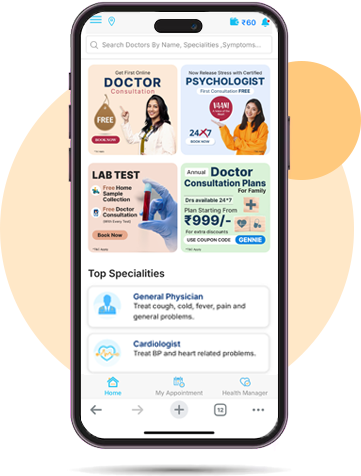Benefits of a Vegetarian Diet for a Diabetic Patient
September 20 , 2019

Diabetics must choose any food they eat very carefully, as each food choice they make has a profound impact on their overall health on a meal-to-meal basis. Diabetes affects people of all ages, both genders, from all walks of life and backgrounds.
Untreated, it can cause wounds to heal slowly, infections take longer to cure, blindness, and kidney failure. Diet is one of the most important ways of controlling diabetes, and a vegetarian lifestyle with its emphasis on low fat, high fiber, and nutrient-rich foods is very complementary.
Affecting more than 30 million people worldwide, this disease inhibits the body from properly processing foods. Usually, most of the food we eat is digested and converted to glucose, a sugar that is carried by the blood to all cells in the body and used for energy.
The hormone insulin then helps glucose pass into cells. But diabetics are unable to control the amount of glucose in their blood because the mechanism which converts sugar to energy does not work correctly. Insulin is either absent, present in insufficient quantities or ineffective. As a result, glucose builds up in the bloodstream and leads to problems such as weakness, inability to concentrate, loss of coordination and blurred vision.
If the correct balance of food intake and insulin isn’t maintained, a diabetic can also experience blood sugar levels that are too low. If this state continues for a prolonged period of time, it can lead to coma and even death.
Though incurable, diabetes can be successfully controlled through diet and exercise, oral medications, injections of insulin, or a combination. Instead of counting calories, diabetics must calculate their total carbohydrate intake so that no less than half of their food is made up of complex carbohydrates.
Many diabetic vegetarians have discovered that as a result of their meatless diet, they’ve had to use insulin injections less, which gives them a feeling of power and control over their disease.
Disclaimer:
The information on this blog is not a substitute for any professional medical diagnosis or treatment. The blog contains text, images or graphics are solely for informational purpose. Before implementing the information mentioned above, seek the advice of a professional doctor regarding any doubt or question you may have about the medical condition or treatment. Also, take the advice of a professional health care provider before making changes in your health care routine.











